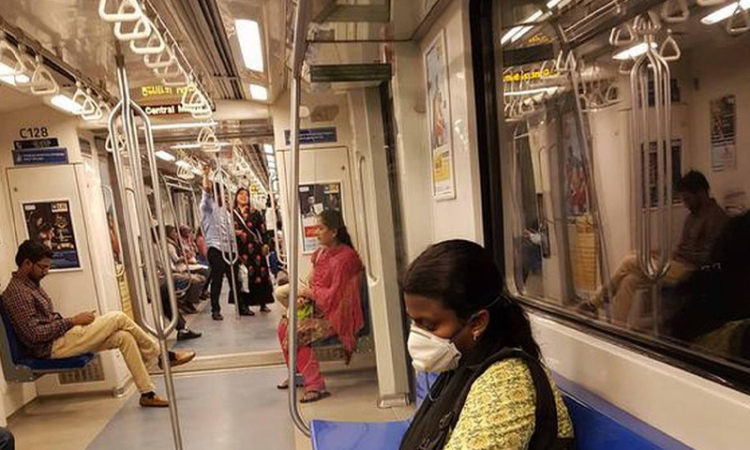Chennai Metro Rail Lacks Authority To Fine Passengers Not Wearing Face Masks Inside Metro Premises: Madras High Court
Sebin James
11 Nov 2021 4:00 PM IST

Next Story
11 Nov 2021 4:00 PM IST
In a public interest litigation filed against Chennai Metro Rail Limited (CMRL) challenging their press release that imposes a fine of Rs 200/- for those not wearing face masks inside any metro station premises, the High Court has held that the former doesn't have any statutory backing to do the same. A Division Bench of Chief Justice Sanjib Banerjee and Justice P.D Audikesavalu has...
